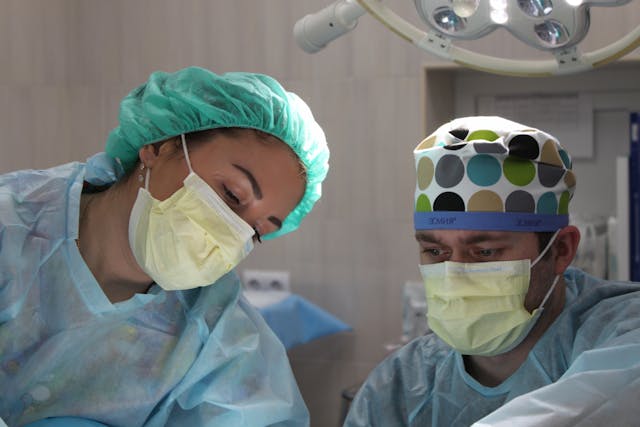Introduction
We often visit doctors only when something feels wrong. But what if we shifted our mindset from treating illness to preventing it? Preventive healthcare focuses on identifying risks early and maintaining health before disease develops. It’s a proactive approach that saves lives, reduces medical costs, and improves overall well-being.
1. What Is Preventive Healthcare?
Preventive healthcare includes medical services, lifestyle changes, and screenings designed to prevent diseases rather than treat them after they appear.
It can be divided into three levels:
- Primary prevention: Actions to avoid disease entirely (e.g., vaccines, healthy diet).
- Secondary prevention: Detecting diseases early through screenings (e.g., mammograms, blood tests).
- Tertiary prevention: Managing chronic diseases to prevent complications (e.g., diabetes control).
2. Why Prevention Matters
Chronic diseases like heart disease, cancer, and diabetes are leading causes of death globally — yet many are preventable through simple lifestyle adjustments.
Preventive care not only increases life expectancy but also reduces the burden on healthcare systems and families.
3. Essential Preventive Practices
Here are key steps you can take to stay ahead of illness:
🥗 Maintain a Balanced Diet
- Focus on whole grains, fruits, vegetables, and lean proteins.
- Limit processed foods, sugar, and unhealthy fats.
- Stay hydrated — your body depends on it.
🏃 Stay Physically Active
- Aim for at least 150 minutes of moderate activity weekly.
- Exercise boosts immunity, improves heart health, and supports mental well-being.
💉 Keep Up with Vaccinations
Vaccines are one of the most effective public health tools. They prevent serious diseases like influenza, hepatitis, and HPV-related cancers.
🩺 Get Regular Health Screenings
Early detection can make all the difference. Recommended screenings include:
- Blood pressure and cholesterol tests
- Blood sugar checks for diabetes
- Cancer screenings (mammograms, Pap smears, colonoscopies)
- Eye and dental exams
😴 Manage Stress & Sleep Well
Chronic stress can harm your immune system and heart. Mindfulness, yoga, and adequate rest (7–9 hours) can significantly improve resilience.
4. Preventive Care for Every Age Group
- Children: Immunizations, growth monitoring, nutrition education.
- Adults: Screenings, weight management, stress control.
- Seniors: Fall prevention, bone health, and regular heart checkups.
Preventive care should evolve with every stage of life.
5. The Role of Technology in Prevention
Modern tools like wearable devices, telemedicine, and AI-based health trackers are empowering people to monitor their own health.
Real-time data helps identify issues such as irregular heartbeats or sleep disturbances early — leading to timely medical attention.
Conclusion
Preventive healthcare isn’t just a medical strategy — it’s a lifestyle philosophy. By investing in prevention today, we create a healthier, longer, and more fulfilling tomorrow. Remember, small consistent choices often lead to the biggest health rewards.



